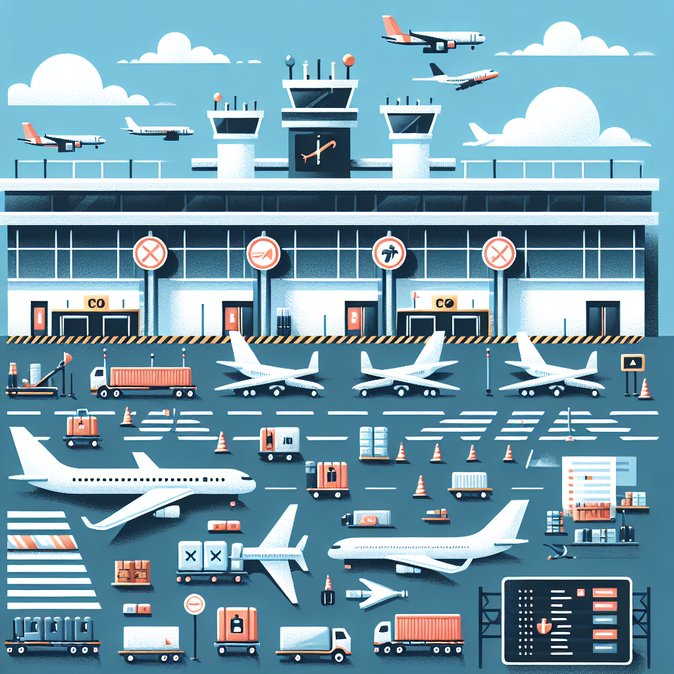
A one-day warning strike by Germany’s powerful Verdi union on 30 October 2025 shut down passenger handling at eleven major airports, grounding about 3,400 flights and stranding an estimated half-million travellers. Frankfurt, Munich and Berlin - Brandenburg suspended almost all departures, while Hamburg, Düsseldorf and Stuttgart operated minimal emergency schedules.
Drivers and causes: The walk-out is part of a wider public-sector wage dispute covering 23,000 ground-handling and security workers. Verdi is demanding an 8 percent pay rise or a minimum €350 per month, arguing that inflation has eroded purchasing power. Employers’ association ADV said the stoppage cost airlines and airports at least €32 million in one day and warned that further strikes could hit the busy Christmas travel period.
Impact on business mobility: Multinational companies with time-sensitive travel were forced to reroute staff through Amsterdam, Zurich and Paris or switch to rail for intra-German trips. Freight forwarders reported delays to high-value cargo and temperature-sensitive pharmaceuticals, although Lufthansa Cargo diverted shipments to Brussels and Liège to maintain supply chains.
Contingency lessons: Travel managers praised airlines that automatically rebooked passengers, but criticised patchy communication from some regional airports. Experts recommend that corporates enhance traveller-tracking tools, preload alternative rail e-tickets into booking platforms, and build flexible hotel-night budgets into travel policies.
Next steps: Talks between Verdi and the employers resume on 6 November. If no deal is reached, the union could ballot members for longer strikes. Mobility teams should therefore identify critical Q4 travel and establish go/no-go thresholds, especially for assignee on-boarding and year-end audit projects.
Drivers and causes: The walk-out is part of a wider public-sector wage dispute covering 23,000 ground-handling and security workers. Verdi is demanding an 8 percent pay rise or a minimum €350 per month, arguing that inflation has eroded purchasing power. Employers’ association ADV said the stoppage cost airlines and airports at least €32 million in one day and warned that further strikes could hit the busy Christmas travel period.
Impact on business mobility: Multinational companies with time-sensitive travel were forced to reroute staff through Amsterdam, Zurich and Paris or switch to rail for intra-German trips. Freight forwarders reported delays to high-value cargo and temperature-sensitive pharmaceuticals, although Lufthansa Cargo diverted shipments to Brussels and Liège to maintain supply chains.
Contingency lessons: Travel managers praised airlines that automatically rebooked passengers, but criticised patchy communication from some regional airports. Experts recommend that corporates enhance traveller-tracking tools, preload alternative rail e-tickets into booking platforms, and build flexible hotel-night budgets into travel policies.
Next steps: Talks between Verdi and the employers resume on 6 November. If no deal is reached, the union could ballot members for longer strikes. Mobility teams should therefore identify critical Q4 travel and establish go/no-go thresholds, especially for assignee on-boarding and year-end audit projects.









